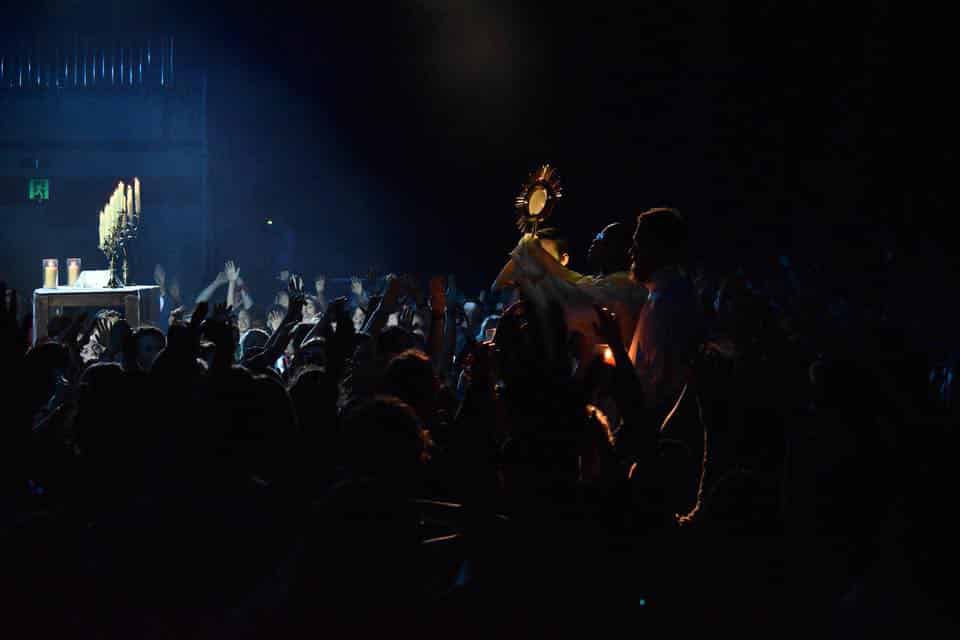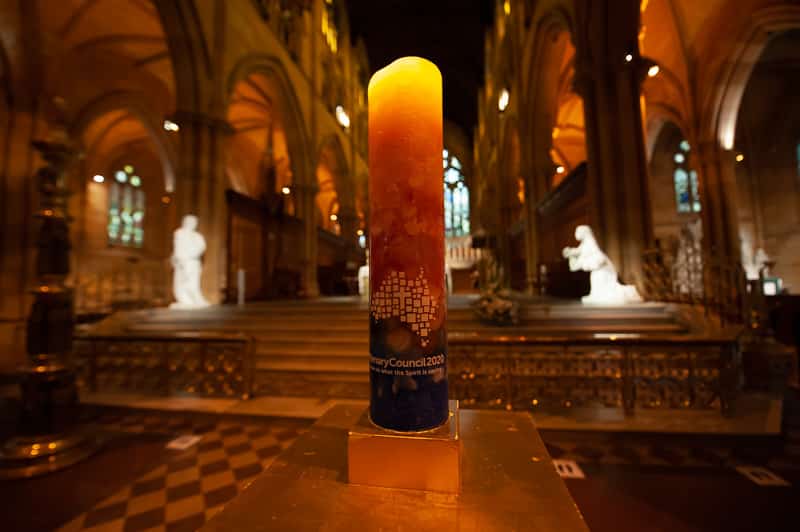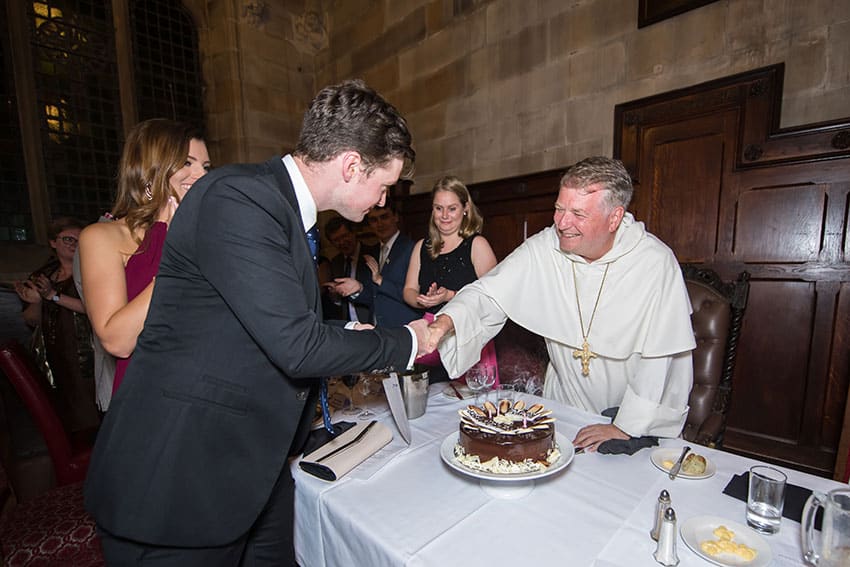

Australia’s Catholic tertiary students have issued a plea to Australia’s bishops and members of the Plenary Council commencing tomorrow to ensure a desacralisation of Catholic faith and practice is not aided by caving in to propositions made to the Plenary which effectively place Jesus in second place to ideas fashionable among some Catholics.
In a remarkably sophisticated theological letter issued on 1 October, the Feast of St Therese of Lisieux, they told bishops and Plenary members that perceptions made in many of the submissions to the Plenary over the last two years are not those of young Catholics in Australia today.
The letter was signed by Claudia Tohi, the President of the Australian Catholic Students Association, ACSA’s executive members and its national Chaplain, several state chairs of the organisation, former presidents, officeholders, alumni and students from all over Australia.

The danger of a ‘bureaucratic Church’
A copy of the letter obtained by The Catholic Weekly contained 134 signatures but organisers said that number is expected to grow significantly as the letter circulates more widely.
They urged Council participants to not fall into the trap of effectively seeing the way forward for the Church as via “empty bureaucracy.”
“In all humility, but with the force and ardour of our youth, recalling the words of St Paul to St Timothy (1 Timothy 4:12) we cannot but decry the submissions made to the Council to, in effect, destroy the Church,” the ACSA letter stated.

Some things cannot be changed
“We acknowledge that many submissions sought ways to bring Christ to our neighbour in good faith. Nevertheless, many submissions sought to change teachings of the Faith solemnly defined by the Magisterium relating to issues of sexuality, life, or other moral issues and show a lack of faith in the Church and her Divine Founder.
“These submissions only confirm the crisis in faith and faith formation; that is, many Catholics lack basic catechesis and are unjustly deprived of the truths of the Church. We call upon the Plenary Council to show its unity with the successor of Peter and the perennial teaching of the Church by condemning these submissions as its first action.”
False dialectic
ACSA warned that the current crisis of faith in the Church was related to the basic error of seeing the Church “through a paradigm and dialectic of power.”
The letter warns both against clericalism, a concern raised frequently by Pope Francis, and the phenomenon of laity seeking to supplant clergy “from their God ordained—literally—role to serve the Church.”
Citing Vatican II, the students called on the Council “to clearly delineate the complementary nature of the lay and clerical vocations as foreseen by the Second Vatican Council. Laity are called to act as a leaven in the world, the clergy are to pass on the deposit of faith in all its integrity—which is so sorely needed in the modern world (cf. Lumen Gentium 31 and Presbyterorum Ordinis 2).”
ACSA called on all those participating in the forthcoming Plenary to take “a sincere and sober look at the state of the Church in Australia and the world.”
many submissions sought to change teachings of the Faith solemnly defined by the Magisterium relating to issues of sexuality, life, or other moral issues and show a lack of faith in the Church and her Divine Founder.
Students urge Council to make a sober assessment
“Approaches to the Faith which minimise the supernatural and threaten to render the Church of God just another NGO have resulted in a marked fall in Church attendance, marriages, and celibate vocations,” the letter stated, echoing Pope Francis who has repeatedly warned against allowing the Church to become nothing more than another non-government organisation focussed on activities but not on Jesus.

“As scandalous as they are, there is nothing in the aforementioned submissions which has not been tried either by various communities in the Church or in other ecclesial communities. The deleterious effects of these false ways are a matter of public record; the communities who follow them will shortly be extinct.
What is needed is not a desacralisation of the Faith but an interior conversion both on the individual and community level, from which we are not exempt. We direct this call to conversion firstly to ourselves.
Related
